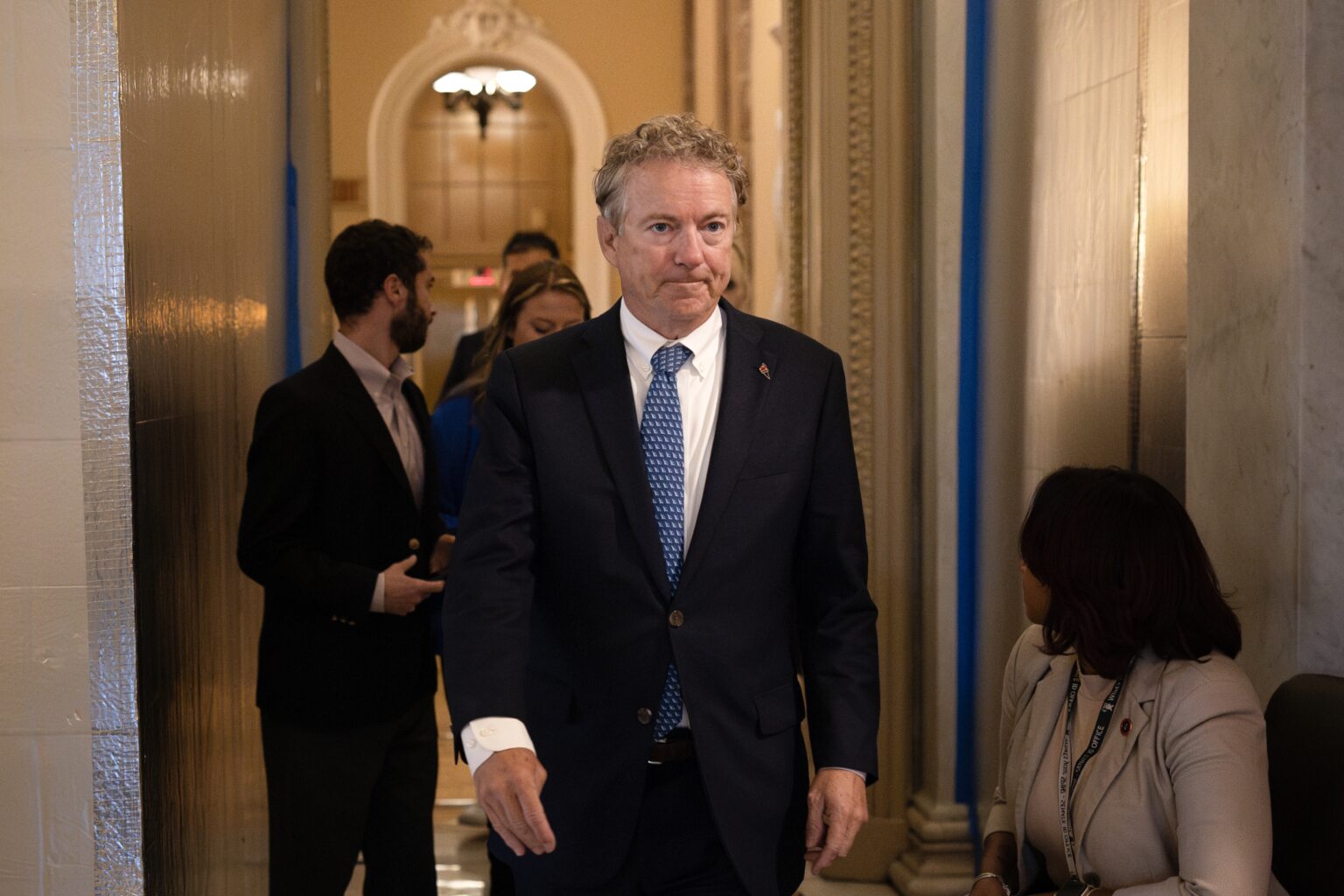Senator Rand Paul Claims Exclusion from White House Congressional Picnic as Political Reprisal
Kentucky Senator Allegedly Denied Invitation Amid Political Disagreements
On Wednesday, Senator Rand Paul (R-Kentucky) publicly asserted that the Trump administration deliberately excluded him and his family from attending the annual White House congressional picnic. He suggested that this exclusion was a form of retaliation for his vocal opposition to President Trump’s signature legislative initiatives.
Details of the Alleged Omission
Speaking to reporters outside the Capitol, Paul recounted his attempt to secure tickets for the event, only to be told, “You were not invited.” While he admitted he was unsure of the specific reason behind his omission, he characterized the move as “a petty act.” The senator expressed disappointment over what he perceives as a deliberate slight, emphasizing that the tradition of the picnic is rooted in fostering bipartisan camaraderie.
Trump’s Response and Reconciliation Efforts
In a surprising turn, President Trump extended an olive branch on social media the following day, inviting Senator Paul and his family to the festivities. Trump’s message read, “Of course Senator Rand Paul and his lovely wife and children are welcome at tonight’s BIG White House celebration.” He praised Paul as “the most decisive vote in U.S. Senate history,” and hinted that the event could serve as an opportunity to garner support for a major legislative bill, referring to it as “the Great, Big, Beautiful Bill.”
Trump concluded his post with an optimistic note, stating, “I look forward to seeing Rand. The Party will be Great!”
Historical Significance of the Congressional Picnic
The White House congressional picnic is a longstanding tradition, dating back several decades, designed to symbolize bipartisan unity and foster informal relations among lawmakers. Typically, invitations are extended to all members of Congress and their families, providing a rare occasion for political figures from both parties to socialize away from the legislative chamber.
During his first term, President Trump used the event to promote national unity and highlight legislative achievements. However, he occasionally postponed or canceled the event during periods of political unrest, citing concerns over timing and appropriateness. The White House has yet to confirm whether Paul’s reported exclusion was intentional or if he has been formally invited for this year’s gathering.
Political Tensions and Legislative Disputes
Senator Paul, known for his conservative stance and outspoken independence, has recently come into conflict with Trump over key policy issues. Most notably, he has opposed the “One Big Beautiful Bill,” a comprehensive tax and spending package that aims to overhaul federal fiscal policy. Paul has threatened to oppose the legislation unless certain provisions-specifically, a significant increase in the debt ceiling-are removed. He advocates for a more incremental approach to raising the debt limit, using it as leverage to push for spending cuts.
In addition, Paul has voiced criticism of Trump’s tariffs, aligning with other Republican senators such as Susan Collins (Maine), Lisa Murkowski (Alaska), and Senate Majority Leader Mitch McConnell (Kentucky). Last month, these senators voted with Democrats to rescind the national emergency declaration that authorized tariffs on Canadian imports, a move that drew Trump’s sharp criticism.
Trump’s Public Criticism of Senator Paul
Earlier this month, Trump took to his social media platform, Truth Social, to disparage Paul, calling his ideas “crazy” and claiming that “the people of Kentucky can’t stand him.” Trump also accused Paul of frequently voting “NO” on legislation, suggesting that such opposition is politically motivated rather than principled. He praised the legislative efforts he supports as “big winners,” contrasting them with Paul’s stance.
Family Plans and Future Attendance
Despite the reported exclusion, Paul indicated that he had intended to attend the picnic with his family, including his son, daughter-in-law, and his six-month-old grandson, who planned to wear a “Make America Great Again” hat. He expressed sadness over the situation, emphasizing that all other members of Congress-both Democrats and Republicans-are typically invited, and that barring his family from the event was “really quite sad.”
It remains uncertain whether Paul will accept Trump’s invitation now extended publicly, or choose to skip the event altogether.
Historical Context and Broader Political Climate
The White House has previously postponed or canceled the picnic during contentious political moments. For instance, in 2018, President Trump canceled the event amid controversy over his administration’s “zero tolerance” immigration policy, which involved separating families at the U.S.-Mexico border.
This year, attendance may be further complicated by ongoing tensions surrounding immigration enforcement and law enforcement’s role in managing protests. Notably, some House and Senate Democrats have expressed reservations about participating, especially given recent decisions by Trump to deploy military personnel to assist Immigration and Customs Enforcement (ICE) operations in Los Angeles, despite objections from California’s Democratic governor, Gavin Newsom.
Additionally, logistical commitments, such as late-night House Appropriations Committee meetings, could prevent some lawmakers from attending the festivities, underscoring the complex interplay of politics, policy, and tradition in this annual event.

